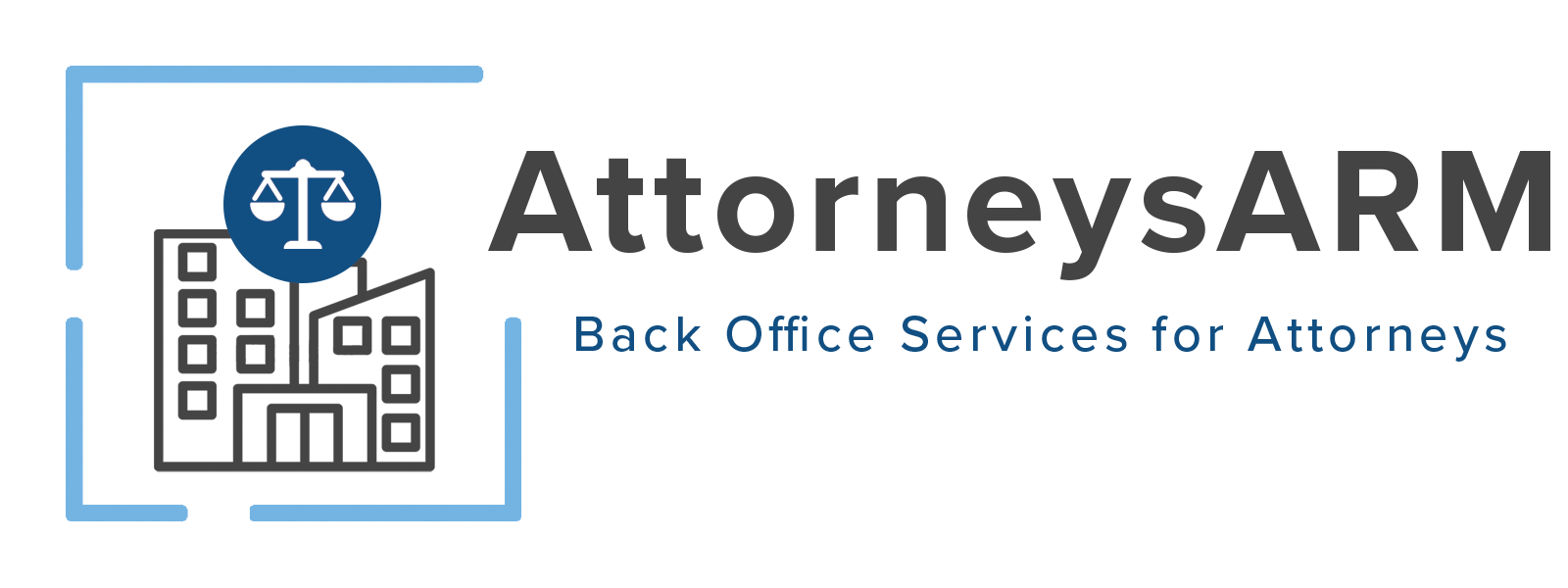Providing credit to clients can be a great way to grow your business. Clients can use more of your services. Potential clients gain access to your services. You get paid through a monthly installment plan. Yet, offering credit also creates risk for your business. If you don’t get paid for your services, that’s a problem. Not only does it affect your bottom line, you have to devote resources to the collections process. If you’re thinking about offering credit, focus on the 5 Cs to reduce your risk.
Capacity to Make Payments
When you’re considering a client or potential client for credit, you must examine their capacity to make payments. This starts by using a credit application to gain pertinent information along with their signature. The signature is the first step in establishing a legally binding relationship where they promise to pay you for services rendered. You should also request a list of references and pull a copy of their credit report. These items can help you determine the client or potential client’s ability to pay you.
Additionally, you should also consider the amount of credit you’re willing to extend. A higher credit line usually comes with a higher monthly payment. Even if they have good or excellent credit, you must consider their ability to meet the obligation of a higher payment. You certainly don’t want to give someone so much credit that they can’t afford to pay you. That sets you both up for financial disaster.
Capital of Your Business
You must ask yourself an important question. Would my business survive if this client stopped paying on their account? Capital is the amount of money and assets in your business that you use to keep it running. If a default from this particular client or potential client would cause your business to suffer and possibly shut down, you need to reconsider offering credit.
Collateral
Another way to protect your business from unpaid accounts is to require some form of collateral. If the client doesn’t pay their bill, you become the owner of specified property listed in a security agreement. One common form of collateral is placing a lien on property. If the owner of that property wants to sell it, they must first satisfy the lien by paying you. Once the account is paid, you go through the process to remove the lien.
Conditions for Providing Credit
There are always conditions associated with providing a credit line. For example, one condition of having a credit line could be interest. Another condition could be a late fee if the payment is late by five days. Maybe you revoke their use of their credit line until the account is paid. There could be certain conditions they must meet if they want to request a higher credit line. Whatever conditions you develop for your credit policy, make sure that you explain that information to your clients and potential clients so that they understand the terms of the relationship.
Character
We all have a general idea about how we feel when we meet with someone. Your gut feeling can be important when it comes to issuing credit. If they have a great looking credit report but their references refuse to vouch for them, can say a lot about whether you should offer credit. Remember that you cannot deny credit for any discriminatory reason covered under federal law.
Clients ARM Can Help You with Establishing a Viable Credit Policy for Your Business
If you’re looking to establish a viable credit policy for your business, schedule a free consultation with Clients ARM. With more than 30 years of experience, we help businesses of any size establish, maintain, and enforce a credit policy that works for them.




